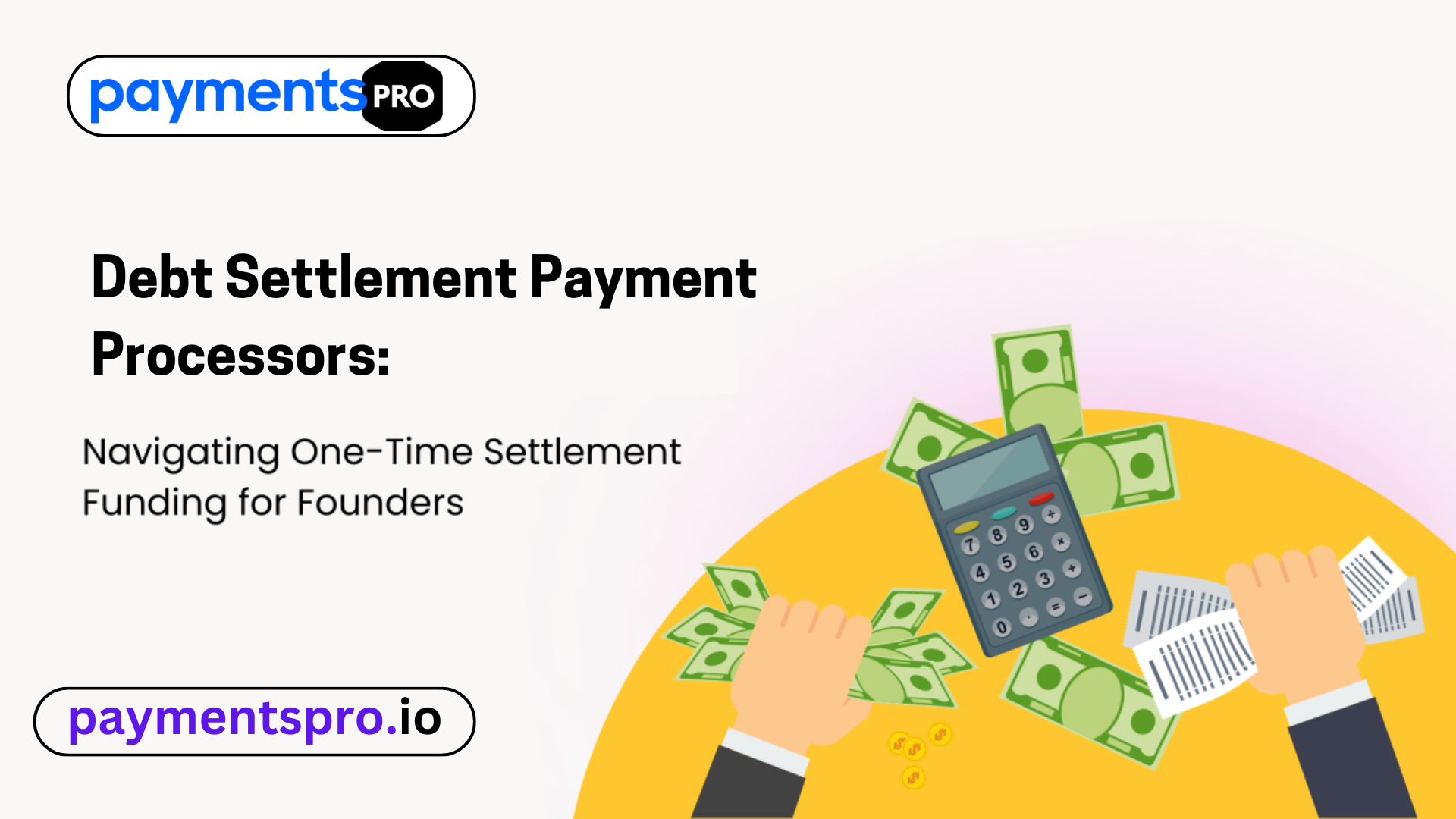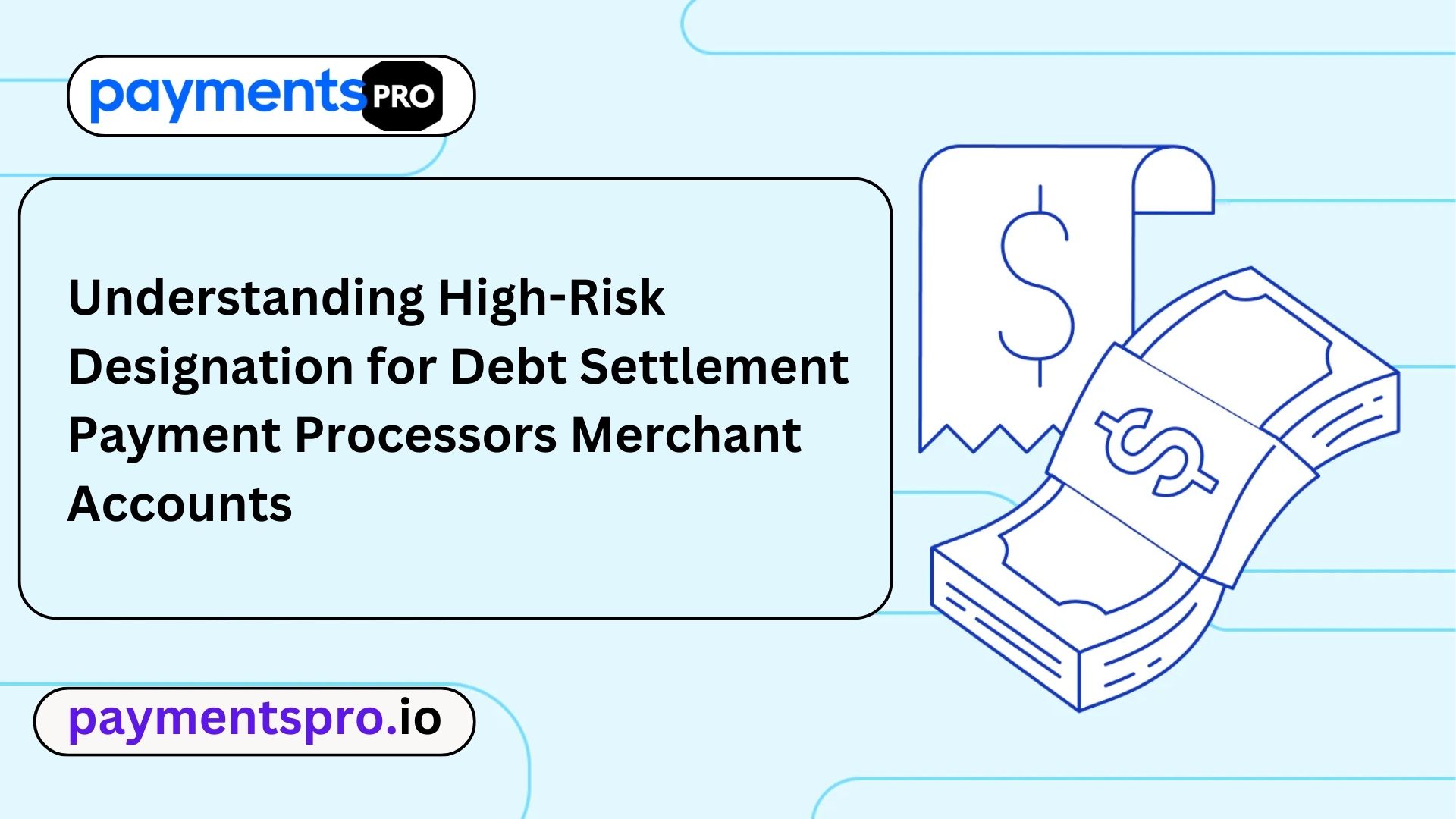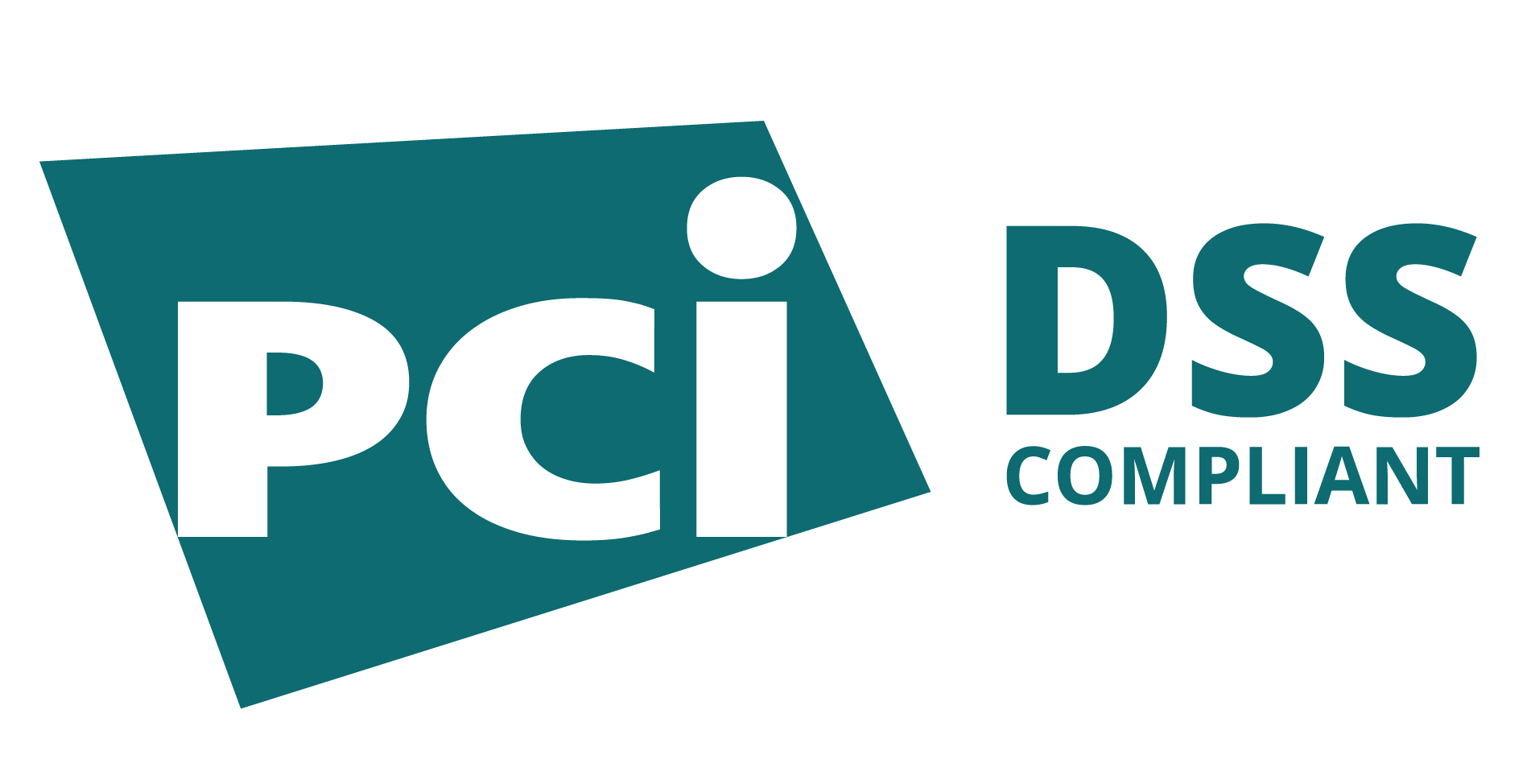In today’s financial landscape, Debt Settlement Payment Processors has emerged as a powerful alternative for individuals grappling with overwhelming debt. This process involves negotiating with creditors to reduce the total amount owed, offering a lifeline to those seeking financial recovery. Central to this journey are debt negotiation payment processors—specialized entities that ensure seamless financial transactions between consumers and creditors. Understanding the role of these processors, their benefits, and their functionality is crucial for ecosystem.

anyone exploring debt relief services as a viable solution. Debt management transaction processors not only facilitate secure transactions but also provide the infrastructure needed to navigate this complex financial strategy. So, let’s delve deeply into their role, the layers of their operations, and why they are indispensable in the debt relief programs
What Are Debt Settlement Payment Processors?
Debt settlement payment processors act as intermediaries between consumers and creditors, managing the funds set aside for negotiating and settling debts. Their primary responsibility is to ensure that the financial aspect of Debt Settlement Payment Processors negotiation services runs smoothly.
Key functions include:
- Establishing Dedicated Accounts: Each consumer enrolled in a Debt Settlement Payment Processors resolution program has a secure account created in their name.
- Ensuring Transparency: Consumers can monitor their account activity, providing a clear view of their progress.
- Facilitating Payments: Once a debt is successfully negotiated, the processor disburses funds to creditors.These processors are essential for debt management companies, and debt relief agencies offering debt negotiation services and debt reduction solutions.
How Debt Settlement Payment Processing Works?
Debt management payment processing involves a step-by-step approach designed to ensure systematic debt resolution. Here’s how the process unfolds:
- Enrollment: Consumers enroll in a debt negotiation program, typically managed by a debt relief company. A dedicated account is set up in the consumer’s name, where funds are deposited for future settlements.
- Monthly Deposits: Consumers make regular deposits into their dedicated accounts, often aligning with their financial capacity and the terms of the settlement program.
- Fund Accumulation: Over time, these deposits accumulate into a substantial fund that can be used to negotiate and settle debts.
- Negotiation and Settlement: The debt management firms negotiate with creditors to reduce the total debt amount. Once an agreement is reached, the transaction processor disburses the necessary funds to finalize the settlement.
- Completion: This cycle repeats for all enrolled debts, gradually leading to the consumer’s financial recovery. This structured approach supports consumers and empowers debt consolidation negotiators and debt relief advocates to achieve favorable outcomes.
Features of Debt Settlement Payment Processors
Debt relief transaction processors offer several key features that enhance their functionality and reliability in managing debt reduction programs and debt consolidation efforts:
- Secure Accounts: Funds are held in FDIC-insured accounts, ensuring financial security and peace of mind for consumers.
- Transparency: Real-time monitoring of account activity allows consumers to stay informed about their financial progress.
- Automated Payments: Scheduled deposits streamline the saving process and reduce the risk of missed payments.
- Compliance: Processors adhere to industry regulations, safeguarding clients from fraud or mismanagement.
- Low Fees: Affordable service charges ensure accessibility to a wide range of consumers. These features make them a cornerstone for both debt resolution specialists and consumers navigating debt relief options.
Debt Settlement Payment Processors and Merchant Accounts
Debt negotiation payment processors frequently collaborate with specialized merchant accounts designed to meet the unique needs of the debt consolidation industry. These accounts facilitate seamless payment acceptance and processing, enabling debt relief companies to operate efficiently and securely.
Tailored Solutions for Debt Resolution Services:
Tailored payment solutions play a pivotal role in the success of debt management services. These solutions include:
- Customizable Payment Plans: Designed to match individual financial circumstances, enabling consumers to stay on track.
- Recurring Billing Options: Simplifying the payment process and ensuring consistency.
- Secure Gateways: Protecting sensitive financial data during transactions.
These tailored solutions support the efforts of debt relief experts and debt resolution advisors to guide clients effectively.
Selecting the Best Debt Settlement Merchant Account
Choosing the right merchant account for debt consolidation services is crucial. Consider these factors:
- Reliability: Ensure the account provider has a strong track record.
- Security: Opt for accounts with advanced encryption and fraud prevention measures.
- Compliance: Look for providers that adhere to regulatory standards.
- Customer Support: Reliable support ensures smooth operations and quick issue resolution.
Understanding High-Risk Designation for Debt Settlement Payment Processors Merchant Accounts
Debt resolution merchant accounts are often classified as high-risk due to several factors:

- Chargeback Potential: High rates of chargebacks due to the nature of the services.
- Regulatory Scrutiny: Increased oversight owing to consumer protection laws.
- Financial Instability: Working with clients in financial distress increases the likelihood of payment defaults.
Why Are Debt Resolution Merchant Accounts Considered High-Risk?
The high-risk classification is attributed to:
- The volatile financial situations of consumers involved.
- Regulatory challenges inherent to the debt resolution industry.
- Higher-than-average chargeback ratios, requiring robust risk management strategies.
Importance of Specialized Debt Management Payment Processor
Specialized payment processors understand the nuances of the Debt Settlement Payment Processors negotiation industry. They provide:
- Customized services tailored to the needs of debt consolidation firms.
- Secure handling of funds to mitigate risks associated with high-risk merchant accounts.
- Efficient systems that streamline transactions and negotiations.
Importance of Secure Payment Gateways
Secure payment gateways are indispensable in online debt settlement services. They offer:
- Encryption: Safeguarding sensitive data.
- Fraud Detection: Identifying and mitigating fraudulent activity.
- Tokenization: Replacing sensitive data with unique identifiers for added security. By incorporating these features, debt relief payment processors ensure that all financial transactions are handled safely and efficiently.
Why Compliance Matters?
Adherence to industry standards, such as PCI DSS (Payment Card Industry Data Security Standards), is critical for debt resolution payment processors. Compliance ensures:
- Consumer Trust: Building confidence in the system.
- Data Integrity: Maintaining the confidentiality and security of sensitive information.
- Legal Protection: Avoiding fines and penalties for non-compliance. These practices empower debt negotiation consultants and other professionals in the industry to offer reliable services.
Challenges for Debt Settlement Merchant Accounts
Merchant accounts in the Debt Settlement Payment Processors reduction industry are often classified as high-risk due to:
- Chargeback Rates: Increased potential for disputes.
- Regulatory Scrutiny: Stricter oversight owing to consumer protection laws.
- Financial Instability: The inherent risk of working with clients facing financial challenges.
- Despite these challenges, specialized processors and merchant accounts enable debt relief lawyers, debt resolution attorneys, and debt settlement advocates to provide efficient services.
Why Choose Payment Pro?
Payment Pro is a leading name in debt reduction solutions. Here’s why they stand out:

- Tailored Solutions: Customizable payment plans designed for individual needs.
- Cutting-Edge Security: State-of-the-art encryption and fraud prevention.
- Industry Expertise: A deep understanding of the debt reduction solutions. consolidation sector.
- Exceptional Support: Dedicated customer service teams available to assist at every step.
- Compliance Assurance: Full adherence to financial regulations and standards.
With Payment Pro, consumers and businesses alike gain access to reliable, secure, and efficient payment processing services, making it a trusted partner in debt relief services.
Conclusion:
Debt Settlement Payment Processors transaction are at the core of resolving financial burdens through debt reduction solutions. negotiation services. They ensure secure, transparent, and efficient fund management, paving the way for consumers to achieve financial stability. Selecting the right payment processor, like Payment Pro, can significantly impact the success of debt reduction solutions. consolidation programs. With tailored solutions, robust security, and industry expertise, these processors transform the challenging journey of debt reduction solutions. relief into a structured and manageable process, offering a beacon of hope to those in financial distress.
FAQs
What is a debt reduction solutions. settlement payment processor?
Certain payment processors manage funds deposited by consumers to settle debts with creditors, ensuring secure and transparent transactions.
How do transaction processors ensure security?
By using FDIC-insured accounts, advanced encryption, fraud prevention tools, and strict compliance with PCI DSS standards.
Are there fees for using these services?
Yes, but reputable providers like Payment Pro offer transparent and affordable pricing to make their services accessible.
Why are debt reduction solutions. management merchant accounts high-risk?
Due to the high chargeback rates, stringent regulatory scrutiny, and the financial instability of the clients involved.
Can transaction processors negotiate with creditors?
No, this role is typically handled by debt reduction solutions. management agencies or companies specializing in debt negotiation services.
How long does the debt reduction solutions. consolidation process take?
It generally takes 24 to 48 months, depending on the individual’s financial circumstances and the terms of the program.
Is debt reduction solutions. negotiation a better alternative to bankruptcy?
For many, yes, as it avoids the long-term credit and financial impact associated with bankruptcy filings.
What tax implications arise from debt negotiation?
Forgiven debt may be considered taxable income by the IRS. Consumers should consult a tax advisor for specific guidance.
What makes a good debt relief payment processor?
Transparency, reliability, advanced security features, compliance with industry standards, and exceptional customer support.
Does using a processor improve settlement success?
Yes, as it builds trust with creditors and ensures efficient fund management, which is critical for successful negotiations.


